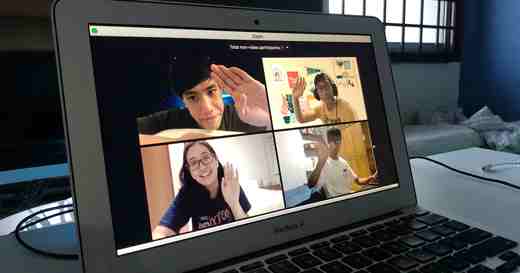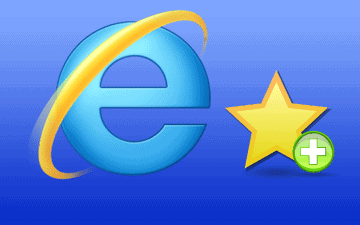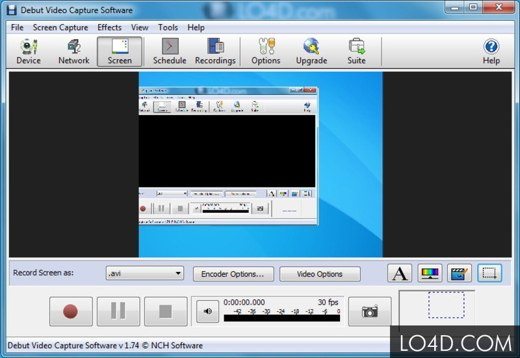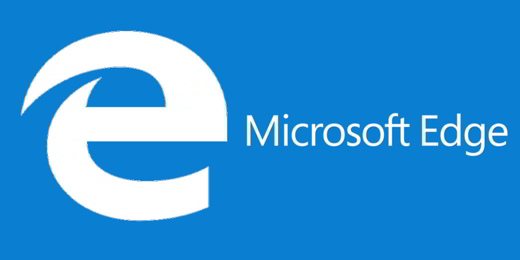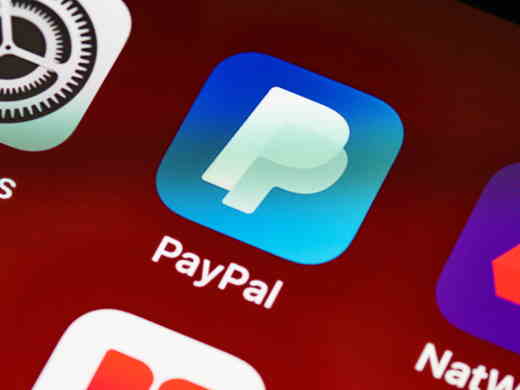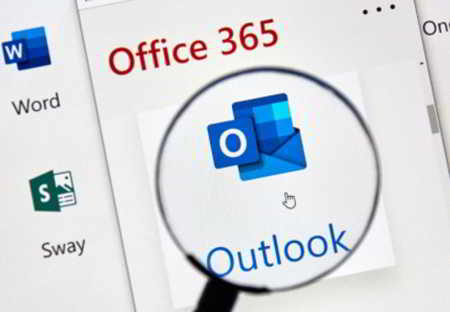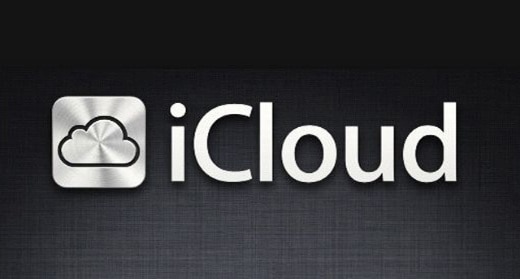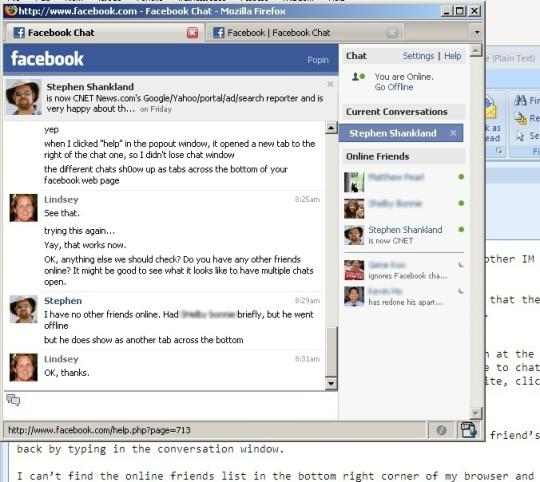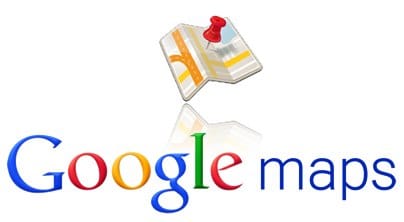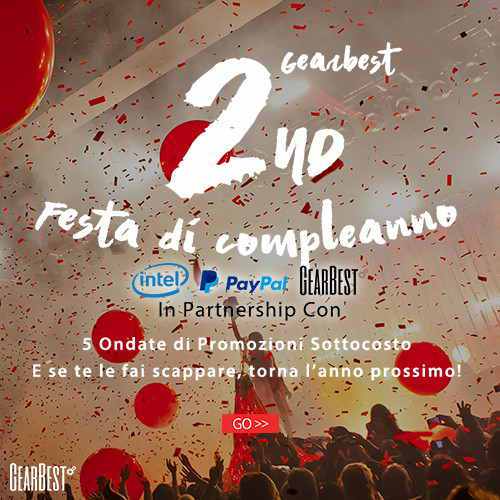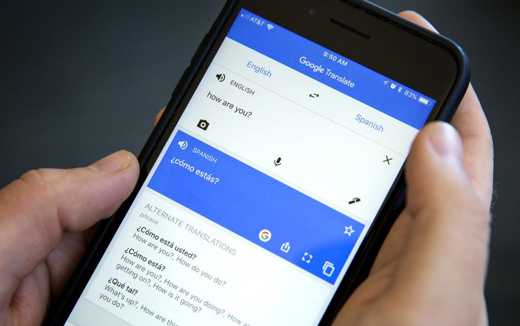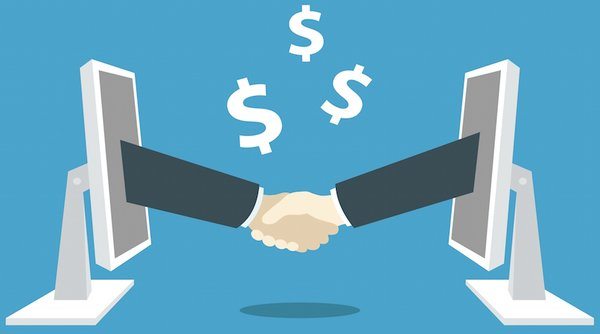How to find out if Google has punished our site. The penalties of Google there are so many: you go fromexclusion Assessment of all the pages of the site from its indexes to decrease some position for a single page and a single key.
This is why it is very difficult to establish and resolve a penalty. The ban, that is, the complete exclusion of all the pages of the site from the indexes of the search engine, occurs when there are serious violations of the Google guidelines: Instructions for Webmasters.
How to find out if Google has punished our site
To check if our site has been banned or not, just go to Google and type website:name.com.
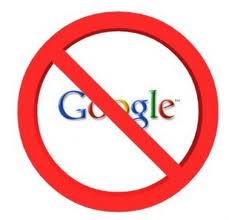
If the engine returns zero results, then, most likely, the site is banned. However, there are other hypotheses, such as the fact that the site has not yet been indexed. Both the ban and some of the penalties are resolved by making a request for reconsideration, after having obviously resolved the problem.
To make the request, you need to access the Google webmaster tools and send the request that appears by clicking the link at the top right Request for reconsideration.
Technical times range from a few days to a few months, it depends on many factors. However, after the three months have passed, it is advisable to resend the request.
Understanding, however, a penalty is a little more difficult. We start with a very simple search, that is, searching sitename.com o www.nomesito.com + master key. If the site does not appear in the top positions, then there is a very high risk that it will be penalized. However, single pages or sections can also be penalized, without affecting the positioning of the rest of the pages of the site.
To check the penalty, take the first five or six words of the title of the page you want to check and search on Google. If the page does not appear in the top ten then it is most likely penalized.
However, we must always be careful, because a penalty can escape us and become gradually heavier. Google does not report penalties (except in rare cases) so we must be the ones to keep the attention high.
It is good to keep track of Google's webmaster tools that report errors. It is also important to constantly check the statistics of our site, because in the event of a penalty we would immediately notice a sudden and unmotivated decrease in accesses, also checking the sections of the site involved or the search engine keys that we they bring less traffic than before.
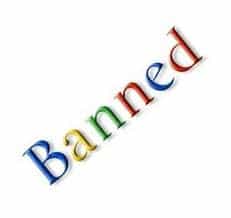
The penalties are many here are the most common:
Over Optimization Penalty -950
Over Optimization Penalty -950: This penalty occurs because our pages contain hidden text or repeated keywords. In this case our site will be returned above the 950 position in the Google results for the affected queries. You will need to clean up the over-optimization and make the reconsideration request.
Boilerplate
Boilerplate: This penalty occurs when we have repeated elements between the pages of the site. For example, those sites that use the footer repeated equally on all pages, insert text and links in order to push specific pages are affected. You have to remove this data and in a few days, without any request, you will return to the previously occupied positions.
Excess backlink penalties
Excess backlink penalties: This penalty occurs when we get backlinks to our page with similar anchor text in a high quantity and in a short period of time (the page in question disappears from Google with the key contained in the anchor text). The suggestion I give you is to vary the anchor text and to get the backlinks gradually. To remove this penalty, the popularity of the page involved must be increased by varying or deleting the backlinks received previously and inserting other backlinks. A case history can be found here: Backlink penalty.
Penalties from -30 to -80
Penalties from -30 to -80: This penalty is inflicted when we have internal links that are too optimized or for a concentration of links on the home page that are used to push internal pages. The more severe the penalty, the more our site will be pushed down. The penalty is not manual, but automatic.
Duplicate Content
Duplicate Content: A different aspect is duplicate content which is not a penalty, but a filter. We speak of "duplicate content" when substantial blocks of content within the same domain (site) or between different domains, match exactly with other content or are very similar to each other. When Google penalizes content it deems copy-content, usually putting it in the supplemental results or even eliminating the resource altogether from the results. If the duplication is ours we can indicate to the engine, through the robots.txt file, which is the original content to be indexed, and which ones not to be taken into consideration.
If, on the other hand, someone has "copied" us and publishes blocks of text written by us on their site, we can notify Google of alleged copyright infringement. Google dmca.
To understand if the texts published on our site appear identical on other sites, there is a service available on the site Copyscape. It is sufficient to write the web address of our site to see the duplicate content.
Read also: The potential of Google as a search engine




